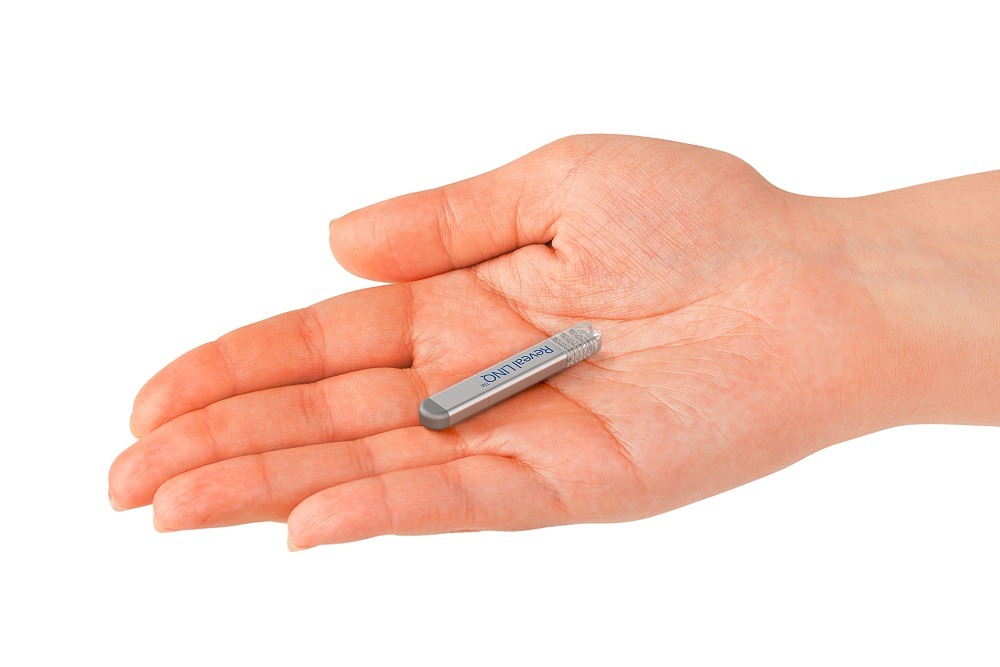
The UK National Institute for Health and Care Excellence (NICE) has issued draft guidance recommending the use of the Reveal LINQ (Medtronic) implantable cardiac monitor for the diagnosis of atrial fibrillation (AF).
The draft guidance recommends the routine adoption in the NHS of Reveal LINQ to help detect AF after cryptogenic stroke, in cases where non-invasive electrocardiogram (ECG) monitoring has been carried out, and no other cause for the stroke has been found.
NICE’s draft guidance highlights that clinical trial data have shown the Reveal LINQ monitor to increase the detection of atrial fibrillation in people who have had a cryptogenic stroke—including transient ischaemic attack (TIA). Those patients can then begin treatment for their atrial fibrillation to reduce the risk of another stroke, potentially preventing hundreds of strokes, NICE suggests.
Data presented to NICE’s diagnostic advisory committee showed that AF after cryptogenic stroke was detected in five times more patients using a Reveal LINQ monitor for six months, compared with those who did not have the device implanted. However, the draft guidance also notes that there are uncertainties about the impact of using the device in the NHS, such as how many times it produces a false positive alert.
The Institute is now seeking comment on the draft guidance document by 4 February 2020, and has asked stakeholders whether all relevant evidence has been taken into account.
If adopted, the NICE diagnostic guidance is non mandatory, but it is considered best practice for implementation.
Meindert Boysen, director of the NICE Centre for Health Technology Evaluation, said: “This is an innovative monitor which has the potential to reduce the number of strokes suffered by those with atrial fibrillation.
“It may mean fewer hospital visits for those with atrial fibrillation; reduce the need for rehabilitation and mean patients are reassured that AF will be detected in a timely manner so treatment can begin.
“This device can provide a level of reassurance to those who live in fear of having another stroke and we believe Reveal LINQ is likely to be a cost-effective use of NHS resources.”
A NICE press release notes that undiagnosed AF is believed to be responsible for a significant portion of the 30,000 cryptogenic strokes that occur each year in the United Kingdom. Cryptogenic stroke patients have a high risk of recurrent stroke and require a confirmed AF diagnoses to receive therapy to prevent a repeat stroke.












